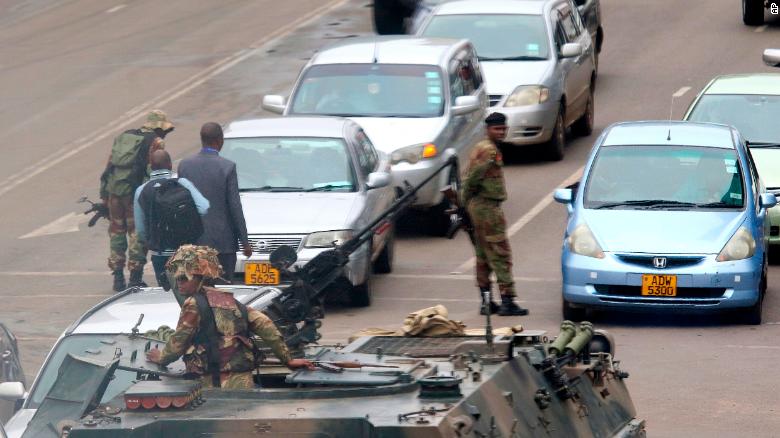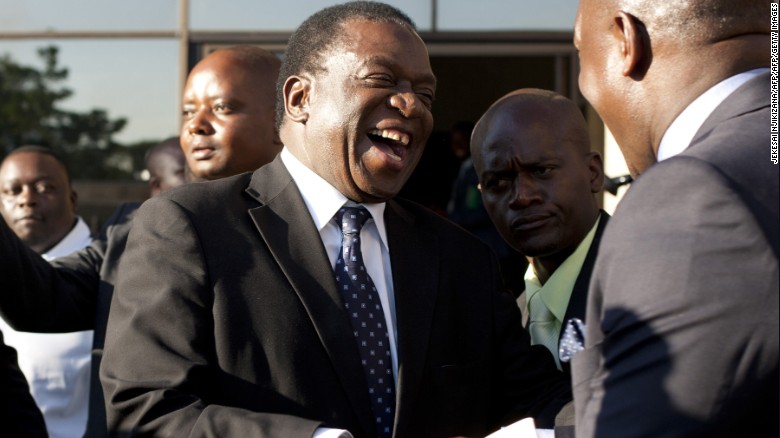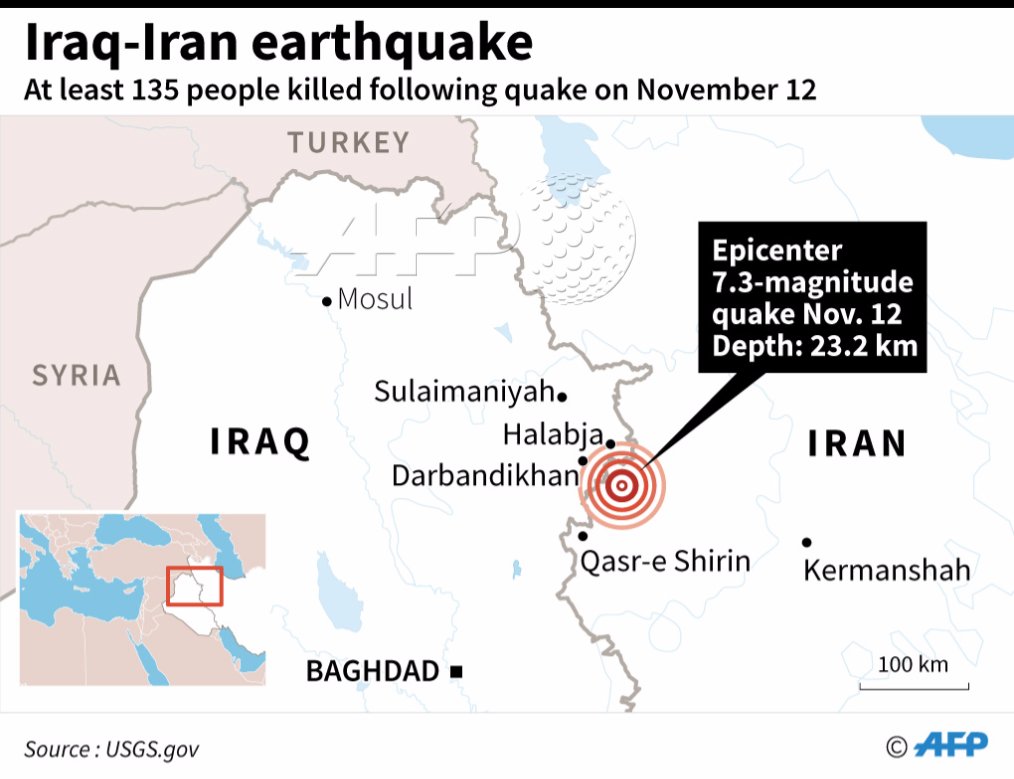Reuters report updated 10 minutes ago, cites at least 210 dead. Also from Reuters:
More than 142 of the victims were in Sarpol-e Zahab county in Kermanshah, about 15 km (10 miles) from the Iraq border. The main hospital of the capital of the county was severely damaged and could not treat hundreds of injured people who were taken there, the head of the Iranian emergency services, Pirhossein Koulivand said.
A hospital on the Iraqi side of the border in the affected region was also severely damaged. See the Reuters report for details.
TEHRAN, Iran -- A powerful earthquake shook the Iran-Iraq border late Sunday, killing at least 207 people and injuring at least 1,686 in the mountainous region of Iran alone, Iranian state media said.
The Baghdad government didn't immediately give word on damage or casualties in that country.
But Iranian state TV said Iraqi officials reported at least seven people dead inside Iraq, along with more than 50 people injured in Sulaymaniyah province and about 150 in the town of Khanaquin.
The magnitude 7.3 quake was centered 19 miles outside the eastern Iraqi city of Halabja, according to the most recent measurements from the U.S. Geological Survey. It struck at a depth of 14.4 miles, a shallow depth that can result in broad damage. Magnitude 7 earthquakes in general are capable of widespread, heavy damage.
The quake was felt as far west as the Mediterranean coast. Its worst damage appeared to be in Iran's western Kermanshah province, which sits in the Zagros Mountains that divide Iran and Iraq. Residents in the rural area rely mainly on farming to make a living.
The shaker was also felt in parts of Turkey and Israel, the Reuters news agency reports.
[Pundita note: From CNN report, below, shocks were also felt in Pakistan, Lebanon, and Kuwait; from Gulf News, the quake was also felt in UAE and "across the Middle East."]
Electricity was cut off in several Iranian and Iraqi cities, Reuters says, adding that Iran's military was called on to help rescue efforts.
Iranian social media and news agencies showed images and videos of people fleeing their homes into the night. Some 50 aftershocks followed.
Iran's state-run IRNA news agency said rescue work was continuing overnight and would accelerate during the daytime.
"The night has made it difficult for helicopters to fly to the affected areas and some roads are also cut off... we are worried about remote villages," Reuters quotes Iranian Interior Minister Abdolreza Rahmani Fazli as saying in an interview on state television.
Officials expected the casualty toll to rise when search and rescue teams reached remote areas of Iran, Reuters noted.
Iranian Supreme Leader Ayatollah Ali Khamenei offered his condolences on Monday morning and urged rescuers and all government agencies to do all they could to help those affected, state media reported.
The semi-official ILNA news agency said at least 14 provinces in Iran had been affected by the earthquake.
Officials announced that schools in Kermanshah and Ilam provinces would be closed Monday because of the temblor.
Iran sits on many major fault lines and is prone to near-daily quakes. In 2003, a magnitude 6.6 earthquake flattened the historic city of Bam, killing 26,000 people. The last major casualty earthquake in Iran struck in East Azerbaijan province in August 2012, killing over 300 people.
Iran's Press TV says the highest number of casualties in the country occurred in the town of Sarpol-e Zahab, Kermanshah province.
Iran's semi-official Mehr news agency said 100 of the 207 reported dead were from that town alone.
While most of the deaths have been reported in Iran, the quake's epicenter was across the border in Iraq, about 350 kilometers (217 miles) north of Baghdad.
The quake crushed buildings in Darbandikhan, in northern Iraq, according to video from AFP. Dozens of people from the town were injured, according to Omar Ahmad, the governor of Sulaimaniya province. In nearby Halabja, at least four people were reported dead.
Iraq's Meteorological Organization issued a warning on Iraqi State TV urging citizens to stay away from buildings and to refrain from using elevators.
Shocks were also felt in Pakistan, Lebanon, Kuwait and Turkey, news agencies in those countries reported.
Iraq's Prime Minister Haider al-Abadi was closely following the situation of the country's citizens, a statement from his office said.
Iran's Supreme Leader Ayatollah Seyyed Ali Khamenei sent a message of condolence, and urged military and civilian help to be dispatched to quake victims.
Report filed by Darran Simon. CNN's Kay Guerrero, Mohammed Tawfeeq, Flora Charner, Hande Atay Alam, Alaa Elassar and Jonny Hallam contributed this report from Atlanta. Shirzad Bozorgmehr contributed from Tehran, Iran and Mohammad Jambaz from Erbil, Iraq.
[END REPORT]




